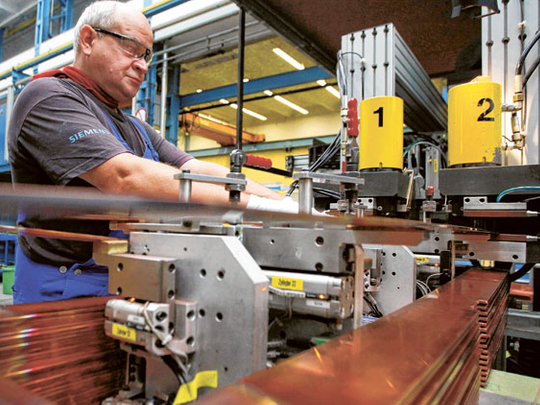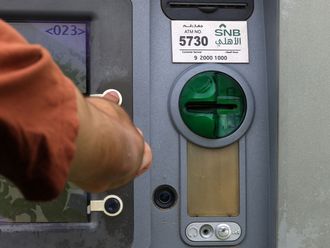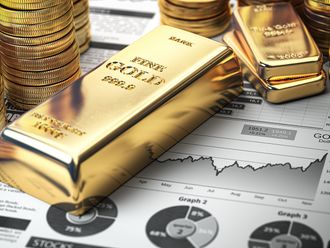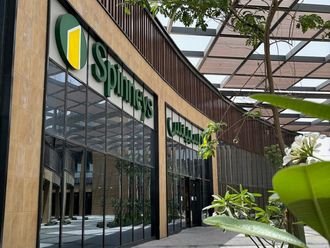
Brussels: A surge in energy costs drove up Eurozone producer prices in November, pointing to rising inflationary pressures as a rebound in industrial new orders showed the recovery in manufacturing gaining traction last year.
The European Union's statistics office Eurostat said prices at factory gates in the 16 countries using the euro in November were 0.3 per cent higher than in October and 4.5 per cent higher year-on-year.
Economists polled by Reuters had expected the monthly increase and had pencilled in a 4.4 per cent annual rise.
"Pipeline price pressures are clearly on the rise, and this extends beyond food and energy," said Martin van Vliet, economist at ING bank.
A separate more forward-looking purchasing managers survey yesterday showed growth in the Eurozone services sector slowed in December as activity in Ireland and Spain shrank, highlighting the two-speed nature of the region's recovery.
Tensions
That, like the beginnings of a pick up in producers' prices, points to tensions in policy-making for the whole region which may become more problematic for the European Central Bank later in the year. The growth of producer prices, which translate into consumer price increases unless absorbed by intermediaries and retailers, was driven mainly by a 0.9 per cent monthly increase and a 8.8 per cent annual jump in the costs of energy.
Van Vliet said that excluding the more volatile prices of food and energy, producer prices rose 4.1 per cent year-on-year.
"However, we strongly doubt whether the pick-up in core producer prices signals an imminent pick-up in core consumer goods inflation.
"We suspect that given the still-fragile consumer demand backdrop, higher producer prices will be passed on only partly to consumer prices," he said.
Consumer inflation jumped to 2.2 per cent in December, an early estimate showed on Tuesday, the highest rate in more than two years and above the European Central Bank's target of below, but close to 2 per cent.
"It is far too early to talk about second round effects and severe risks to price stability, but all indicators on the ECB monetary policymaking compass are pointing northward," ING economist Carsten Brzeski said.
"Rate hikes will not be an issue now but it will not make ECB policymaking easier. If it wasn't for the sovereign debt crisis, a hike could be justifed soon," Brzeski said.












